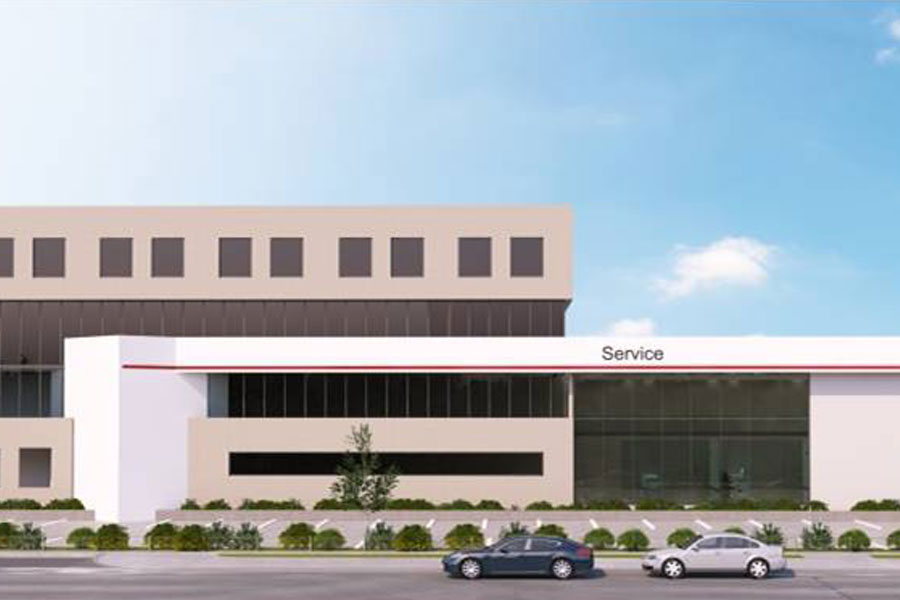
Fortune News | Feb 23,2019
Nov 21 , 2018
By FASIKA TADESSE ( FORTUNE STAFF WRITER )
Digata Industries Inc handed over the one-million-dollar National Soil Test Center, which has been in dispute for the past four years. It also received a payment of 270,000 dollars.
The company, which conducted the feasibility study and prepared a proposal for the centre, handed over the centre three weeks ago and received all outstanding payments from UNDP two weeks ago.
UNDP made the payment after consulting with the relevant government office, according to Martha Mogus, communications director at UNDP.
"The project is now considered finalised, and payment has been made accordingly," Martha responds to Fortune via email.
Kicked off in 2014, the establishment of the test centre came on the scene as a response to Japan's prohibition on importing Ethiopian coffee a decade ago, claiming the beans were contaminated with toxic chemicals. Following Japan’s action, the country invested a huge chunk of forex to test soils abroad.
Four years ago, a tripartite agreement was signed to launch the project awarding Digata a turnkey contract to handle the project with financing from UNDP under the ownership and management of the Agriculture Ministry.
Girma Silasie, founder and manager of Digata Industries, signed the agreement with Sileshi Getahun, former state minister of Agriculture & Natural Resources and Samuel Bwalya, former UNDP resident representative. The fund agreement was signed without a waiver from the Finance Ministry or following proper bidding processes.
Even though it was started four years ago, the project was not stalled and remained undelivered to the Agriculture Ministry. The centre planned to perform soil analysis work and provide fertiliser advisory services to farmers. It incorporated water and plant tests, according to the initial project proposal submitted by Digata.
The delay was blamed on plan modifications, late settlements of payments and cost overruns that exceeded the original budget. Some imported laboratory equipment was also stuck at the port due to delayed payments of demurrage fees that were finally settled by Digata.
The periodic internal audits on UNDP’s operations and programmes at the country level was another cause for the delays. The UNDP also conducted a technical assessment of the project to validate the status and the cause of the cost overruns. The assessment acknowledged Digata had delivered relevant equipment and made good progress on the construction, according to UNDP.
Four months ago the Ministry of Agriculture & Livestock Resources formed a committee to take over the project from Digata Industries. The firm had previously worked on establishing a coffee laboratory, renovated a laboratory in Holeta and built a medical laboratory for the Food, Medicine, Health Care Administration & Control Authority.
Digata constructed two warehouses at the centre, located behind the Oromia Regional State Administration Offices off African Avenue. It also imported equipment costing nearly half a million dollars.
Digata recently turned over the facilities to the Ministry of Agriculture & Livestock Resources, which was also confirmed by State Minister Kaaba Urgessa (PhD).
However, Digata claims that the full payment was not settled by UNDP and asserts that phase-one of the project is not yet closed.
"We have 2,304 dollars of unsettled payment," Girma told Fortune. "We wrote a latter requesting settlement of the value."
The funder and the project owner are now about to proceed with phase-two of the project that includes renovating the main laboratory.
UNDP, which has pledged to finance the second phase, has hired a consultant to proceed with phase-two of the project and is working on the preparation of bidding documents to hire a contractor, according to Martha.
“Once a bid document is ready, it will be floated through a competitive process to secure the services of a contractor,” said Martha. “We expect the second phase to start in early 2019."
Girma argues that the next phase should not only be just renovating the main laboratory but rather making the centre as efficient and profitable as stated in the initial project proposal.
"And we don't have the intention of securing the project as a business," Girma said. "I have all the intention of getting it done right."
PUBLISHED ON
Nov 21,2018 [ VOL
19 , NO
969]

Fortune News | Feb 23,2019

Verbatim | Aug 19,2023

Radar | Jun 27,2020

Fortune News | Sep 28,2019
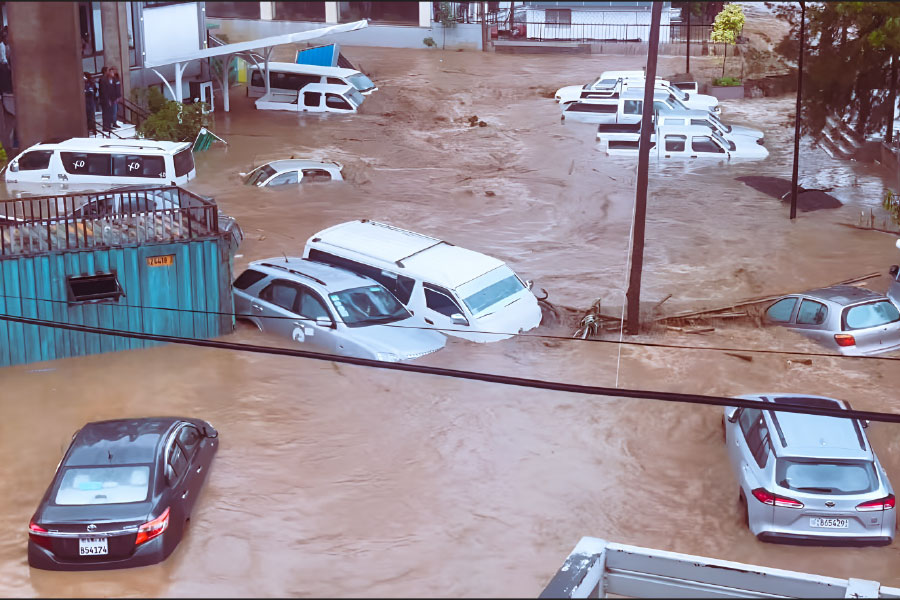
Fortune News | Aug 02,2025
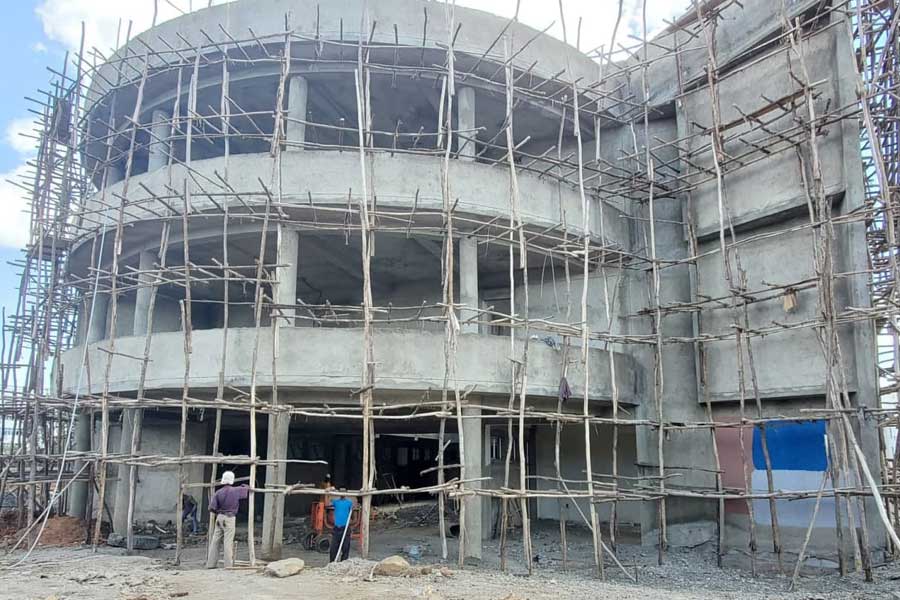
Fortune News | Nov 07,2020
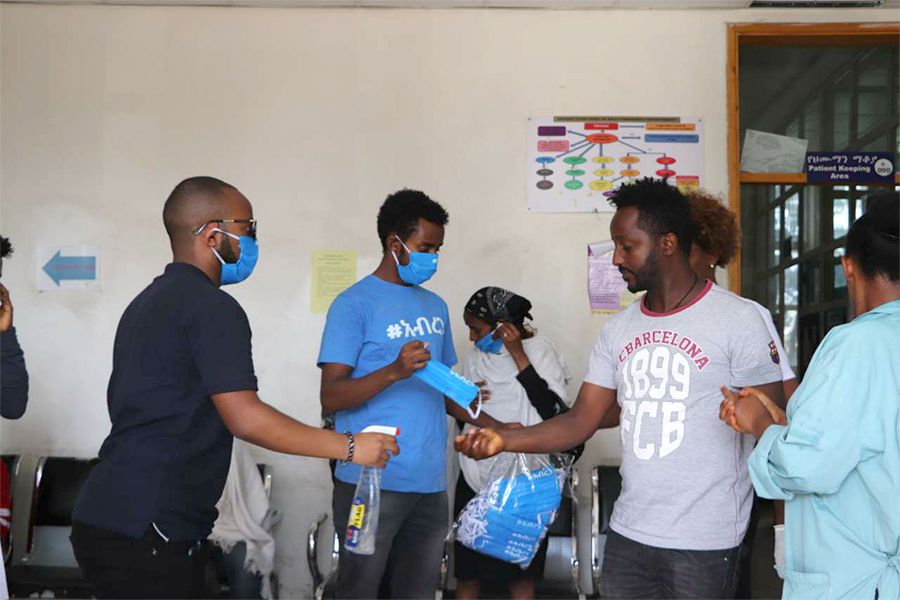
Covid-19 | Mar 29,2020

Radar | Feb 08,2020
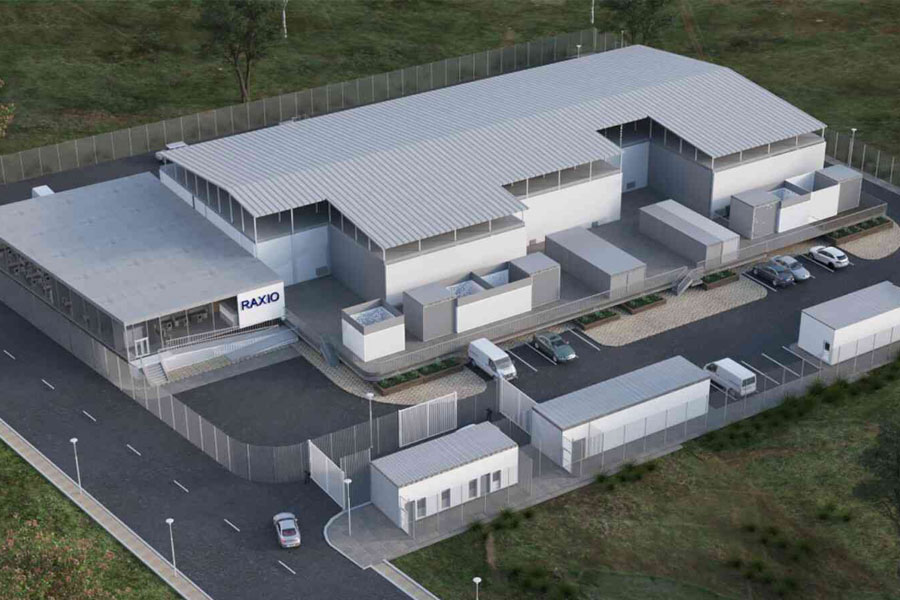
Fortune News | Sep 10,2023
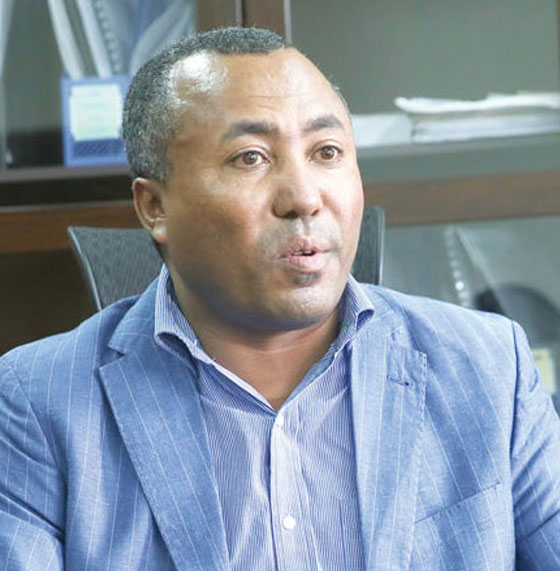
Radar | Aug 07,2021

Dec 22 , 2024 . By TIZITA SHEWAFERAW
Charged with transforming colossal state-owned enterprises into modern and competitiv...

Aug 18 , 2024 . By AKSAH ITALO
Although predictable Yonas Zerihun's job in the ride-hailing service is not immune to...

Jul 28 , 2024 . By TIZITA SHEWAFERAW
Unhabitual, perhaps too many, Samuel Gebreyohannes, 38, used to occasionally enjoy a couple of beers at breakfast. However, he recently swit...

Jul 13 , 2024 . By AKSAH ITALO
Investors who rely on tractors, trucks, and field vehicles for commuting, transporting commodities, and f...

Oct 18 , 2025
The political establishment, notably the ruling party and its top brass, has become p...

Oct 11 , 2025
Ladislas Farago, a roving Associated Press (AP) correspondent, arrived in Ethiopia in...

Oct 4 , 2025
Eyob Tekalegn (PhD) had been in the Governor's chair for only weeks when, on Septembe...

Sep 27 , 2025
Four years into an experiment with “shock therapy” in education, the national moo...